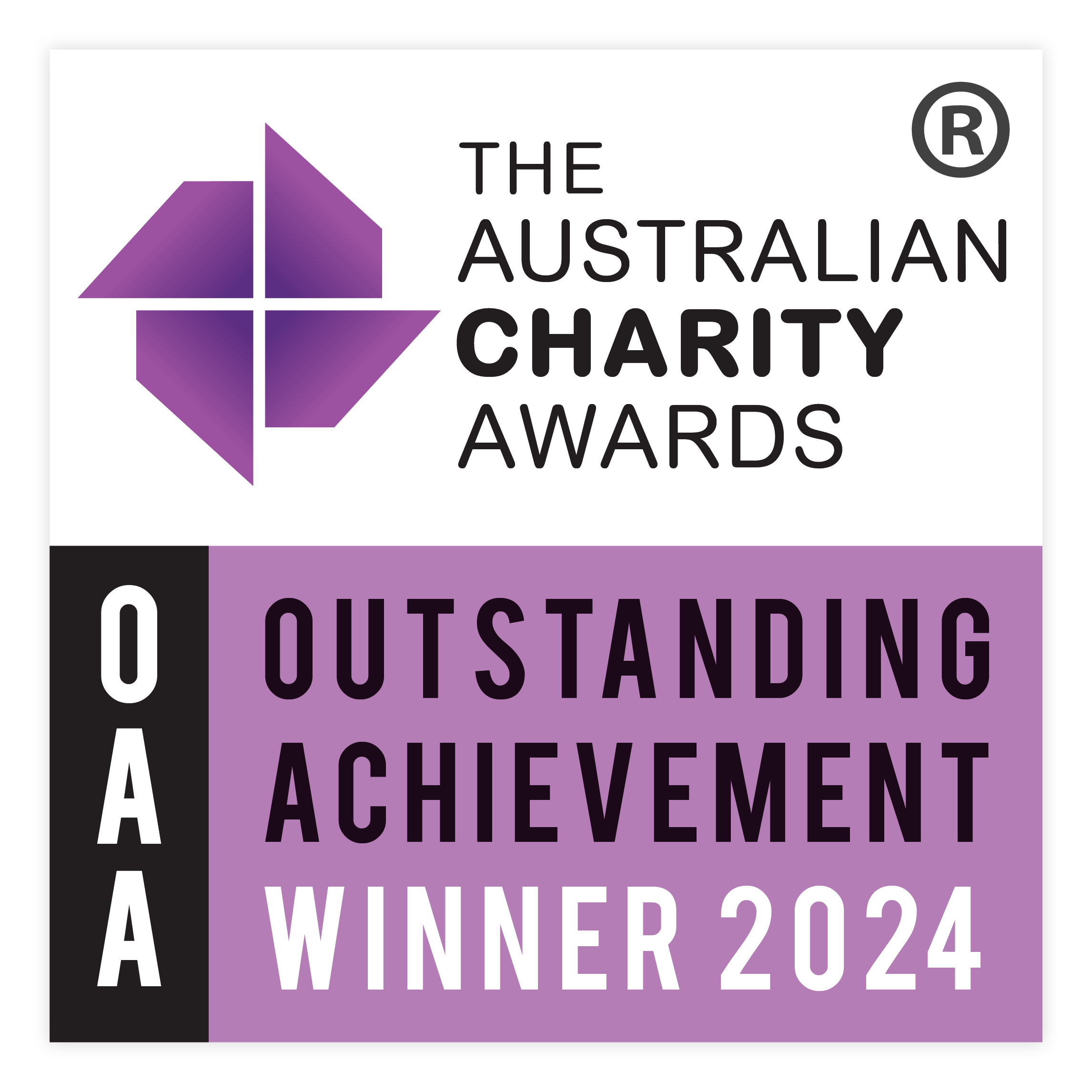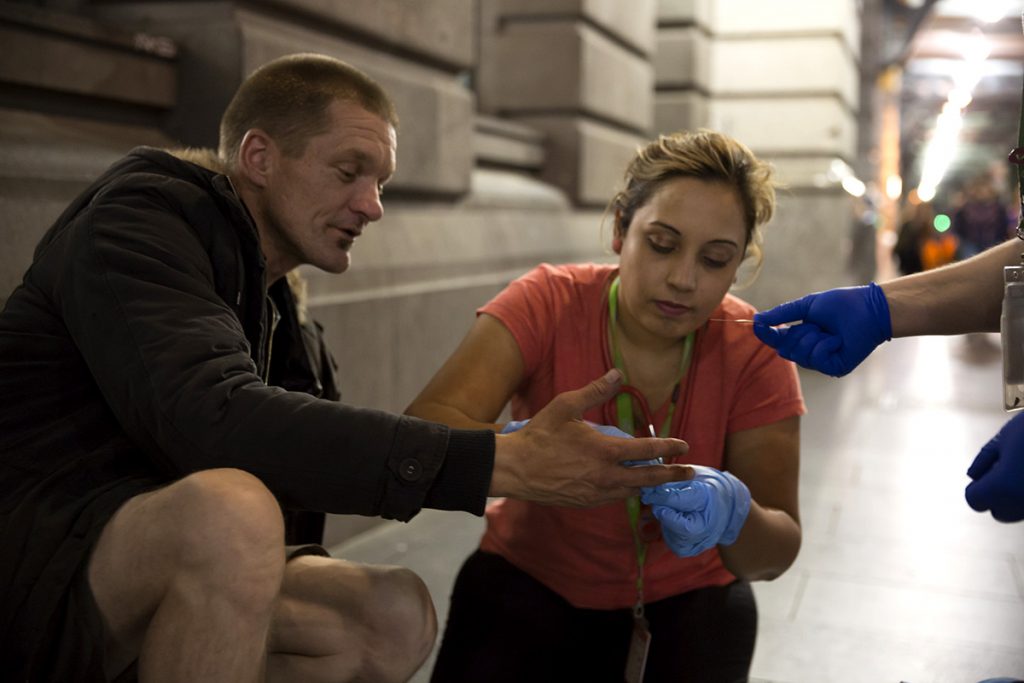
Sleeping rough in winter is tough and it takes a toll on health, with research from overseas indicating that homeless people have a life expectancy of between 43 and 47 years. Untreated chronic illness, wounds, and even minor infections, that most people think we left behind in the earlier parts of the 20th century, can turn deadly.
One of the big challenges is that people sleeping on the street are moved on or temporarily housed in the outer suburbs and are generally disconnected from the basic services they rely on, including health care.
Thankfully, there are committed teams of medical professionals and support workers working day and night to treat the medical conditions of rough sleepers, where they are. That’s why we are supporting three of these angel projects this month – in Sydney, Perth and Melbourne.
I spoke with Richard Goonan, Operations Manager of Community Health at Youth Projects in Melbourne – and asked him why health is such a big problem for rough sleepers, and what he’d say to anyone who thinks homeless people are choosing that life.
What is Night Nurses?
Night Nurses are a team of committed professional nurses who walk the streets of the CBD every Friday, Saturday and Sunday from – 7pm to 11pm. It is an extension of our daytime Primary Health Service called the Living Room located in Hosier Lane (both projects have been supported by StreetSmart).
We are trying to provide services with 24-7 coverage because the nature of homelessness means people are not always around during a standard 9-5 day. People who are homeless are very mobile, and it’s often safer to sleep in the day. Officials moving people on is also an issue that pushes people out of reach of services during the day.
Who are your patients?
The people experiencing homelessness are very diverse, and the pathways into homelessness are very complex. What we do know is that the people who are long-term homeless and rough sleeping are the most vulnerable group.
A high proportion of have come from a state-care background, have significant experience of trauma, and a well-developed distrust of authority. Importantly this group are all but shut out the housing market.
By providing essential health care, with a holistic focus on wellness, our Nurses and Living Room staff can create trust, and develop long-term relationships that can get people with very well-founded fears of state services connected back into support systems and most importantly – off the streets.
Aside from that, many of the people we support – on a day to day basis don’t have anyone calling them by name so it is really important for us to get to know the people we work with. We address their health issues, but we also care about their interests and where they want to go in life.
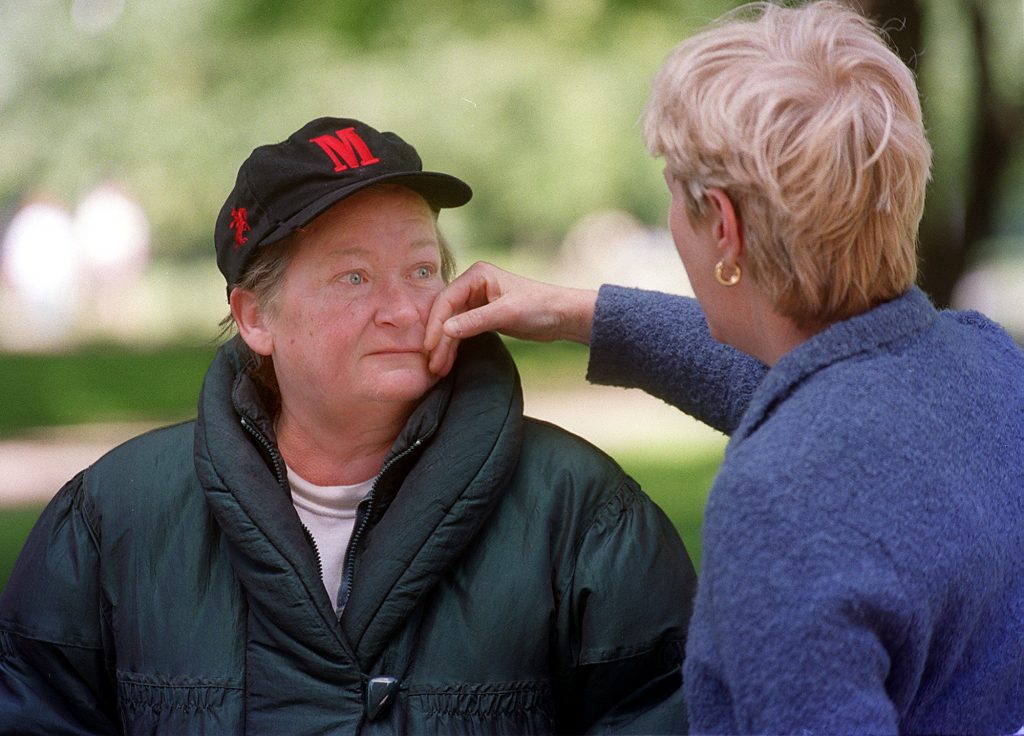
What is their background?
It’s important for people to understand that alcohol and drug abuse, and mental health issues are major symptoms of homelessness, not the cause.
The predominant view is of a drunk hobo on the street, but that’s far from the reality. By providing essential health care, with a holistic focus on wellness, our Nurse and Living Room staff can create trust, and develop long-term relationships that can help get people, with very well-founded fears of state services, connected back into support systems.
Aside from that, many of the people we support – on a day-to-day basis – don’t have anyone calling them by name. We address their health issues, but we also care about their interests and where they want to go in life.
What would you say to the average reader who thinks homeless people are choosing that life?
First, we always need to acknowledge that people are not choosing to sleep on the street – but they are choosing not to take assistance on offer. That might sound contradictory, but what is usually offered is cheap, unsafe accommodation that takes them away from their network, which is a strong and supportive community.
During some of the public campouts that ended up moving people on – there were very public pronouncements made by officials claiming that rough sleepers were turning down housing support.
Some want to leave homelessness as soon as possible, and some feel safer and more supported on street. But every one of them is making an informed choice. They’ve been in every type of accommodation, and they’ve been in unsafe situations, and have the right to turn down deeply unsatisfactory shelter that comes at a high personal risk.
We need to remember where these individuals have come from, what they’ve experienced and that they have very well-founded reasons to disengage from the institutions that have caused them significant harm.
This is why long-term, holistic support is needed with a focus on rebuilding trust. The evidence is there to tell us this, and yet we still have a system that bounces people around like they are numbers.
Secondly, I would tell people to forget the predominant view of homelessness – a drunk hobo on the street yelling profanity at passers-by. It is now men, women, families with children experiencing homelessness and it’s not all visible on the streets. It’s also important for people to understand that alcohol and drug abuse, and mental health issues are a major symptom of homelessness – not the cause.
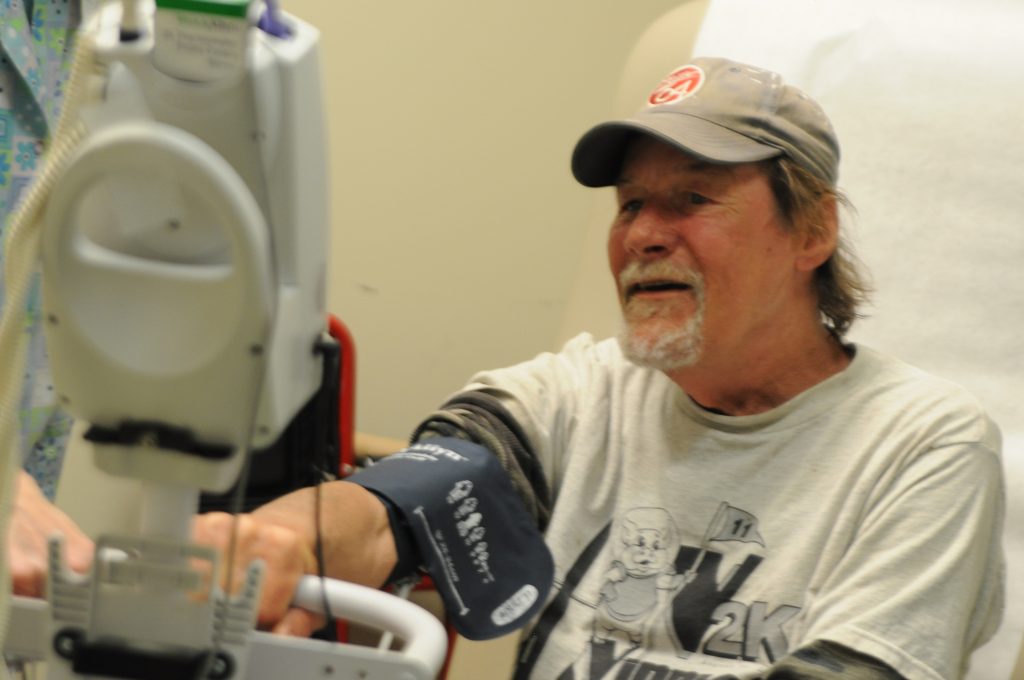
Where will the money raised for Night Nurses go?
It will go a long way to providing the basics needed for keeping people healthy and well. That might be as simple as snacks for diabetics, providing a wound dressing, or socks for people whose greatest challenge is keeping their feet protected from ‘trench foot’ – a condition that was originally used to describe what happened to men in the trenches of WW1.
We need to ensure our Nurses are properly equipped with the tools they need to treat people effectively, and this grant will make a good dint in our equipment needs.
You can support this AMAZING project here:
Watch a Youtube as they treat people on street, or read these wonderful pieces on SBS and ABC News.







